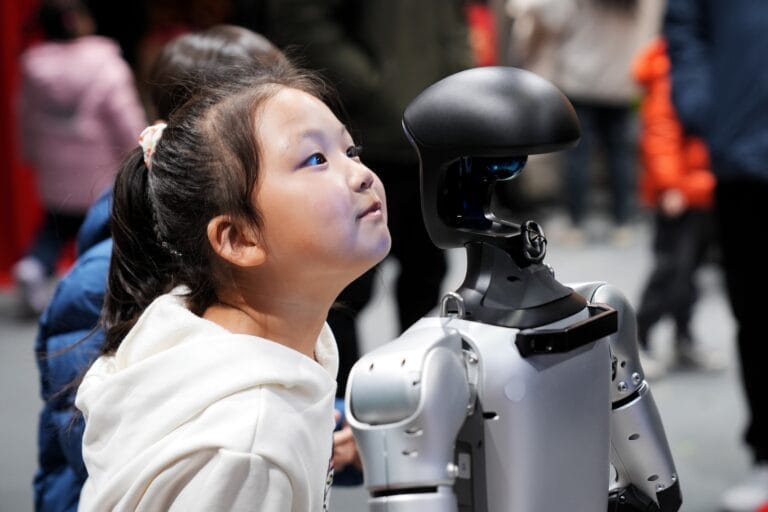Biden, Xi Agree to Restrict AI from Controlling Nuclear Weapons

Washington, D.C. – In a landmark agreement, U.S. President Joe Biden and Chinese President Xi Jinping have pledged to prevent artificial intelligence (AI) systems from controlling nuclear weapons, addressing a critical issue in global security during their high-profile summit in San Francisco.
The agreement marks a rare moment of consensus between the world’s two largest economies amid escalating tensions over trade, Taiwan, and technological competition. Both leaders acknowledged the potential risks posed by AI-driven systems in military applications, particularly in decision-making processes involving nuclear arsenals.
“AI is a powerful tool, but it must remain under strict human oversight, especially when it comes to decisions that could endanger humanity,” President Biden said at a press briefing following the summit. “This agreement underscores our shared responsibility to prioritize global security over technological expedience.”
Details of the Agreement
The joint declaration commits both nations to:
- Ensure that nuclear command and control systems remain exclusively under human supervision.
- Prohibit the integration of autonomous AI in decision-making systems for deploying nuclear weapons.
- Collaborate on developing norms and verification mechanisms to ensure compliance.
President Xi Jinping expressed China’s commitment to this principle, stating, “China recognizes the gravity of this issue. The use of AI in nuclear systems without human control is a threat to all nations, and we are committed to maintaining strategic stability.”
Global Implications
Experts have hailed the agreement as a crucial step in mitigating risks associated with AI militarization. “This move sets a critical precedent for the responsible use of AI in warfare,” said Dr. Elena Morgan, an expert on AI ethics at Stanford University. “It signals that global powers are taking seriously the need for ethical boundaries in technology.”
However, critics have raised concerns about enforceability and the lack of involvement from other nuclear-armed states, such as Russia, India, and Pakistan. They argue that broader international cooperation is needed to create a truly effective framework for AI governance in military applications.
AI and Military Risks
The rapid advancement of AI has sparked concerns about its potential use in high-stakes military scenarios. Autonomous systems, while capable of processing data faster than humans, are vulnerable to errors, malfunctions, and manipulation. The risk of unintended escalation due to AI misjudgments is a growing worry for defense analysts.
Next Steps
The U.S. and China plan to establish working groups to develop technical guidelines and verification systems for AI use in military contexts. They also aim to engage with other nations and international organizations to broaden the scope of this initiative.
This agreement marks a rare but significant step toward reducing the risks posed by emerging technologies in global security. As AI continues to evolve, the world will closely watch how this commitment translates into tangible action.






